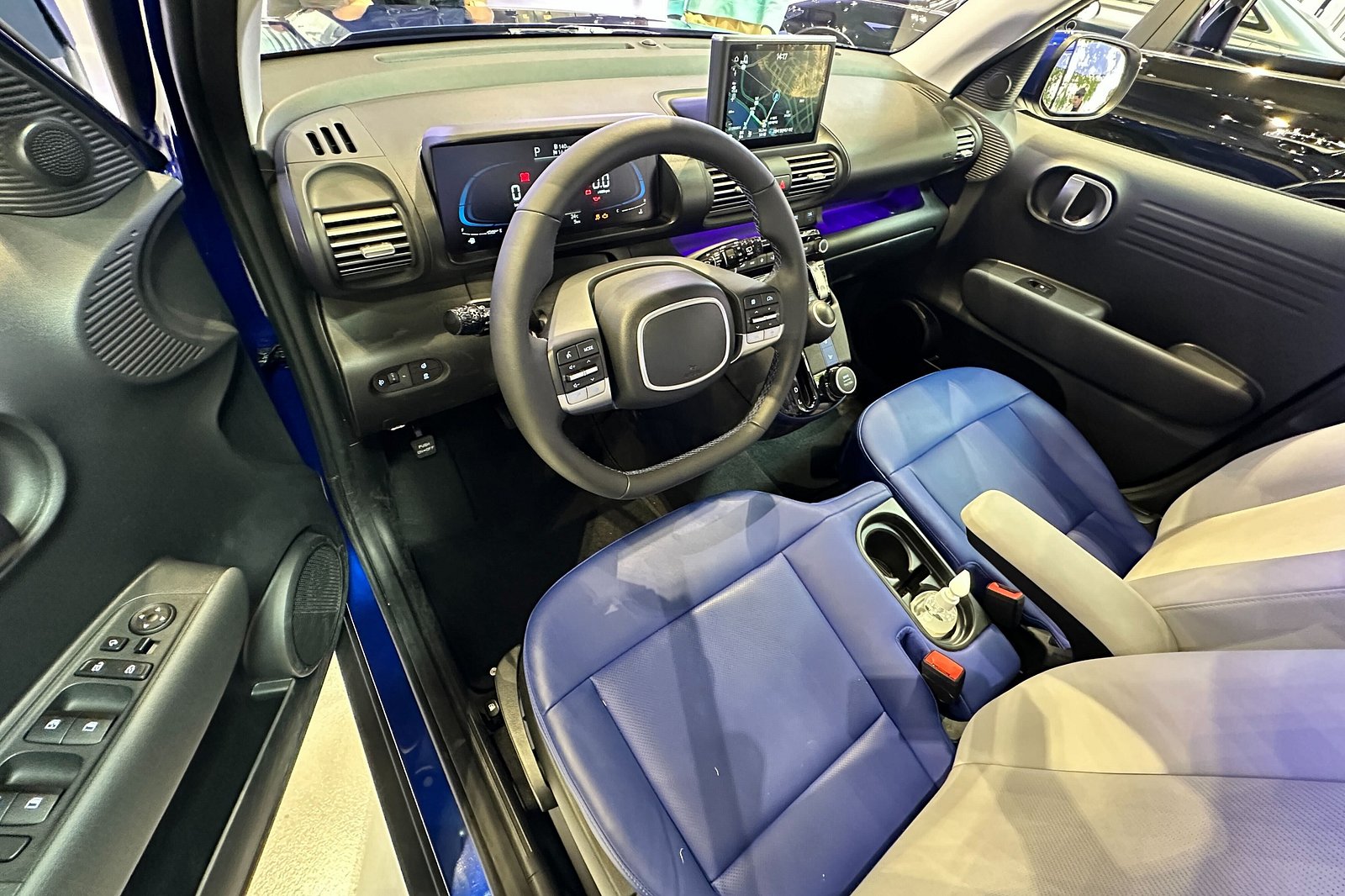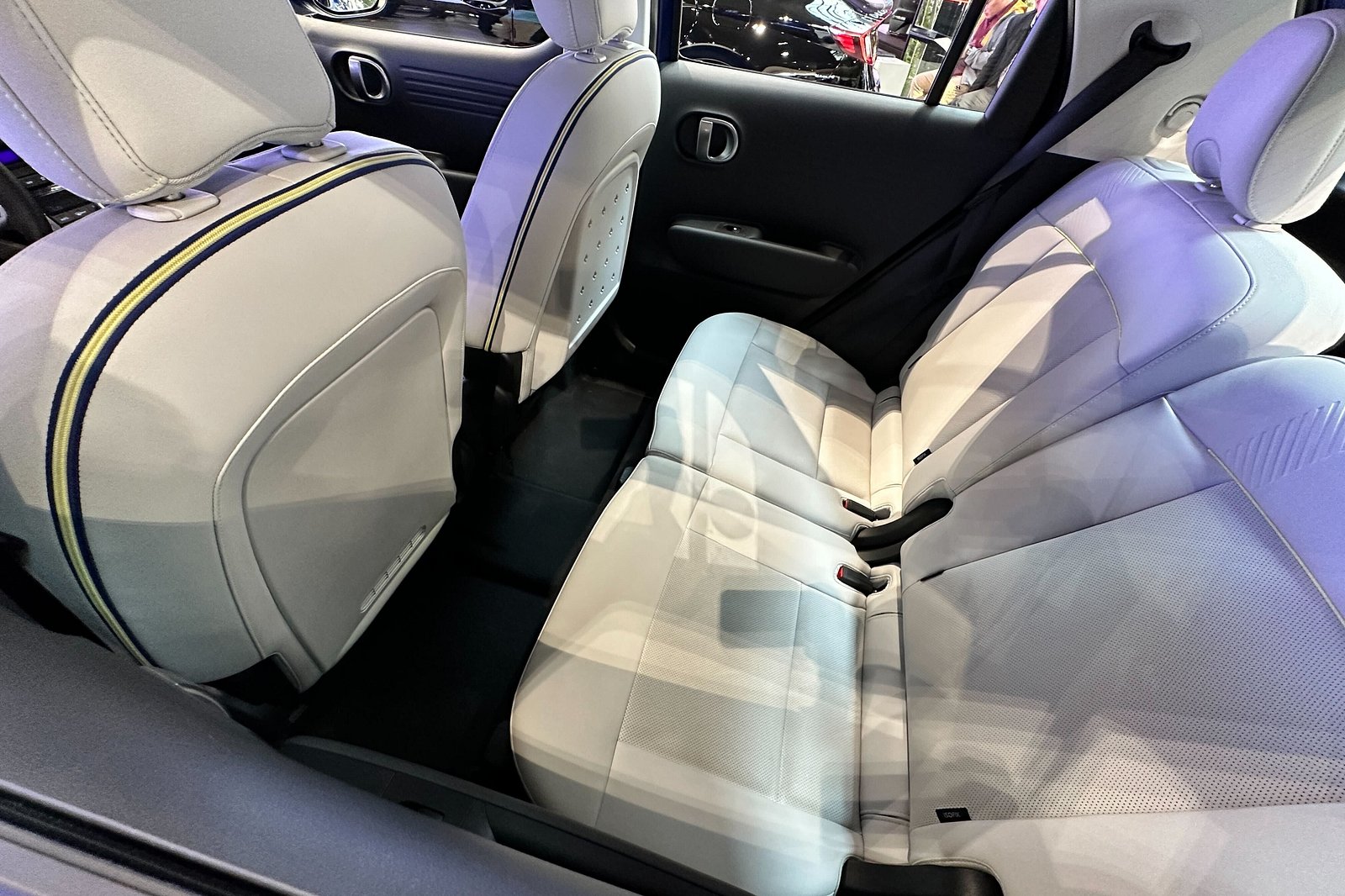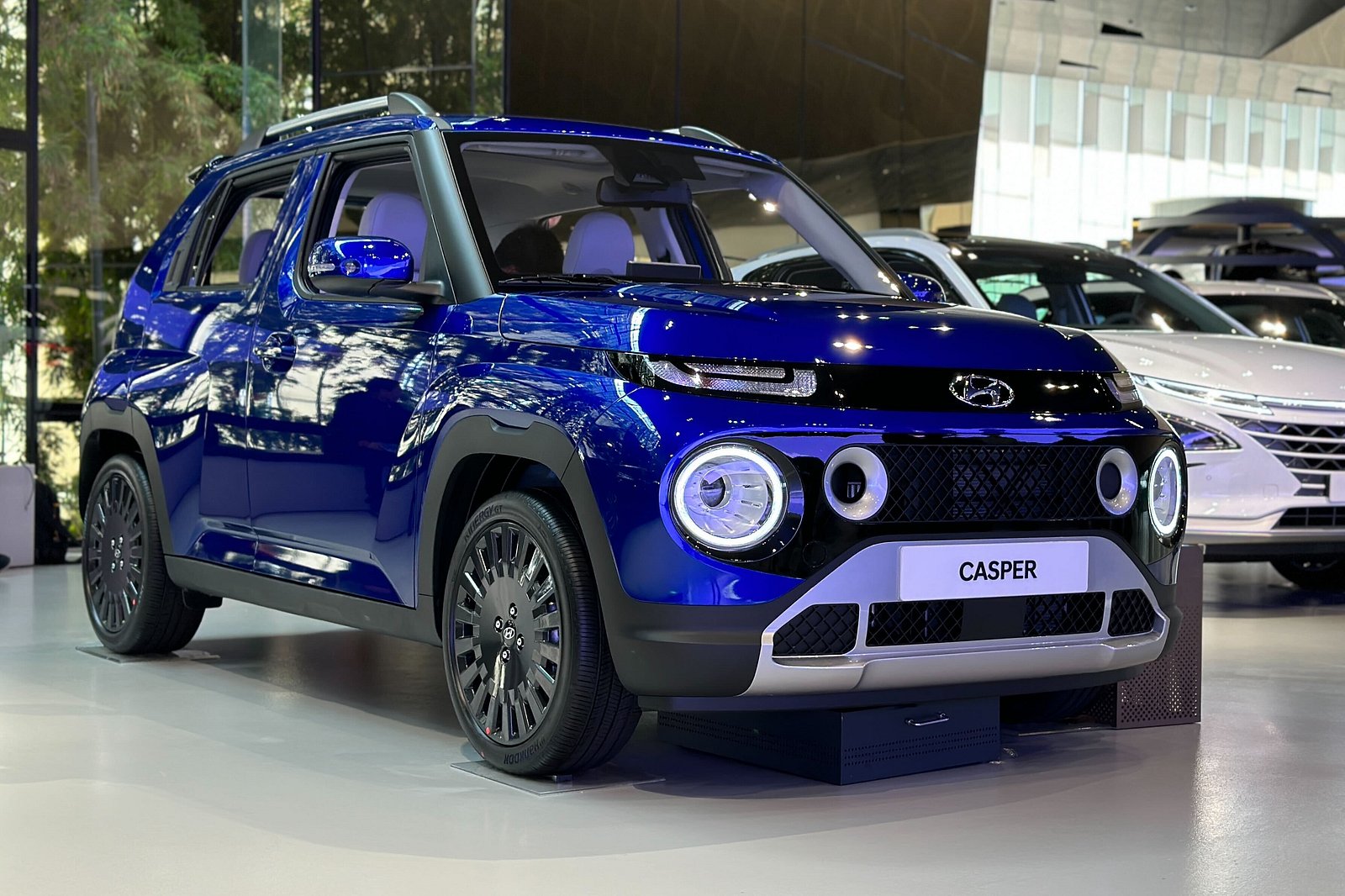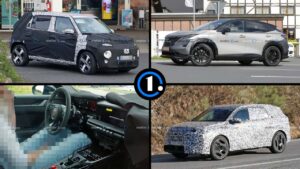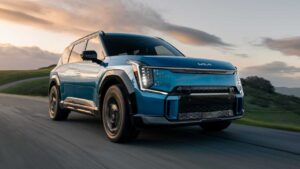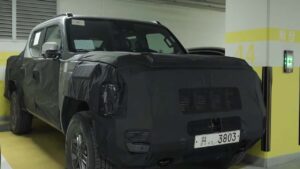Hyundai’s compact electric vehicle takes on competitors in Europe.
Hyundai is gearing up to launch an exceptionally cost-effective electric car in Europe later this year, as reported by Automotive News Europe (ANE).
Inspired by the compact Casper, the infant EV aims to provide a viable option for the Korean automaker in the affordable EV market, challenging competitors such as the Dacia Spring, Renault’s soon-to-be-released Twingo, and Volkswagen’s upcoming electric city car. Rumors indicate a potential price tag of only €20,000 (approximately $21,500), potentially making it an accessible choice for a wider consumer base. With electric vehicles still being out of reach for many due to high costs, this could be a game changer in bringing EV ownership within grasp for more individuals.
A battery-powered version of the Casper could be Hyundai’s solution to combat the increasing influx of Chinese imports and challenge the pricing strategies of Western car makers. By offering a more affordable alternative, the electric Casper would disrupt the market and potentially attract a wider customer base. Its compact design makes the Venue appear as large as the Palisade in comparison. While this may not appeal to American preferences, it could prove successful in crowded cities across Europe. Additionally, Hyundai could consider launching an electric commercial model of the Casper, catering to businesses and further expanding its reach.
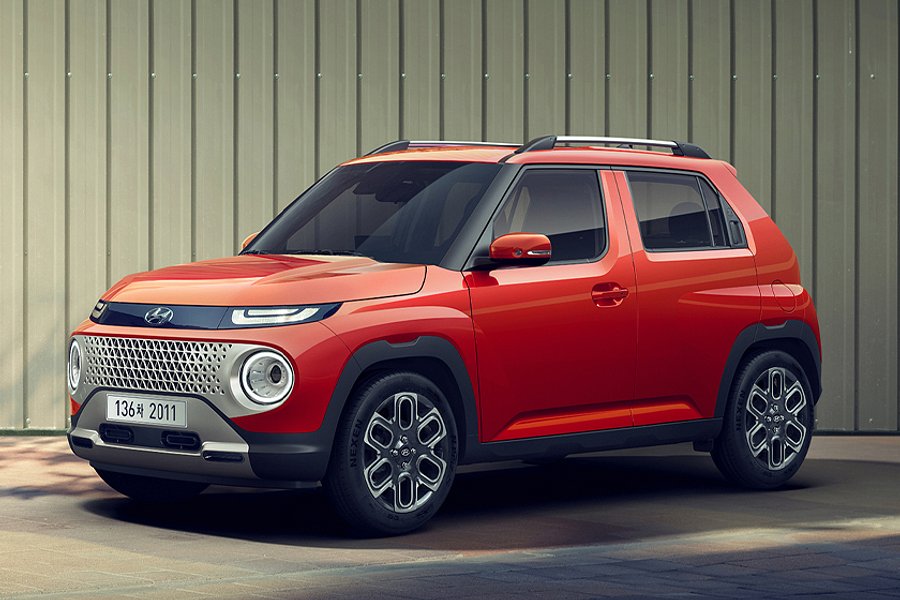
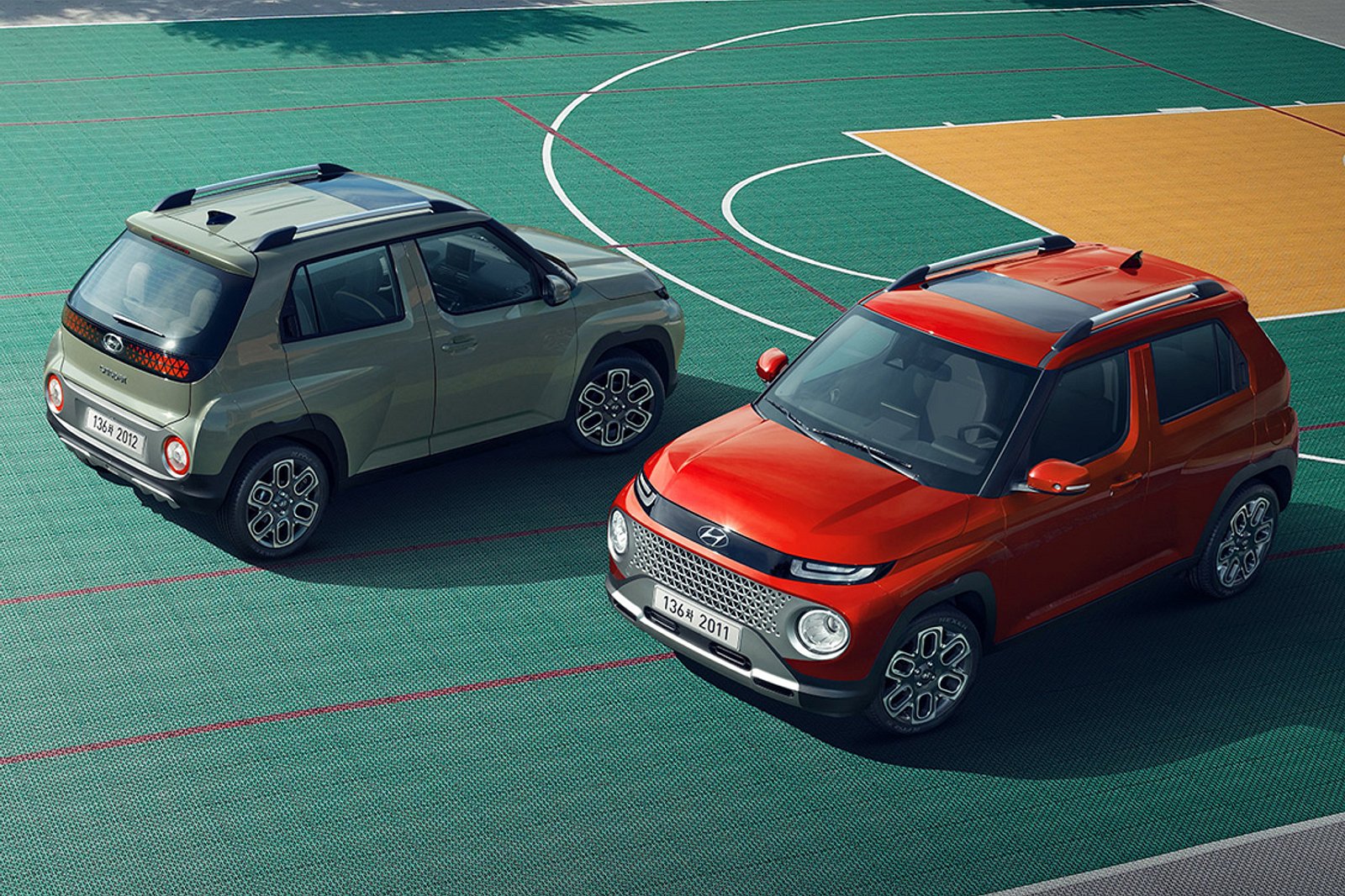

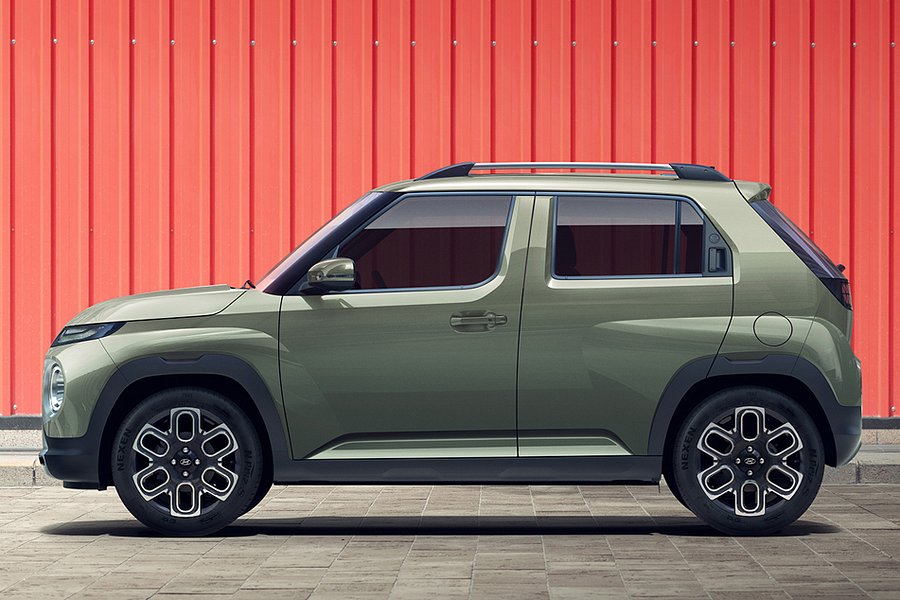
According to reports, the upcoming electric variant of Hyundai’s vehicle will be produced at the same location as its traditional gasoline-powered counterpart in the Gwangju factory located in South Korea. Sources from The Chosun Daily state that the Casper Electric model will feature a lithium iron phosphate battery, which is capable of delivering a total range of 186 miles. This is quite impressive for a small and compact electric car. To power the vehicle, it will utilize BorgWarner’s integrated drive module designed specifically for compact electric automobiles.
While the gas-powered Casper is built on the Hyundai-Kia K1 platform, it is rumored that the Casper Electric will utilize the Hyundai-Kia SA platform, currently used for the Kia Ray EV.
Measuring at 102.1 inches in length, the Casper may not meet the size preferences of European consumers. According to ANE, a slightly longer version (around 8 to 10 inches) has been observed being tested in Sweden, indicating the possibility of a stretched wheelbase to cater to the European market.
The regular Casper is powered by an efficient 1.0-liter three-cylinder engine, however, this version is not available for purchase in Europe.
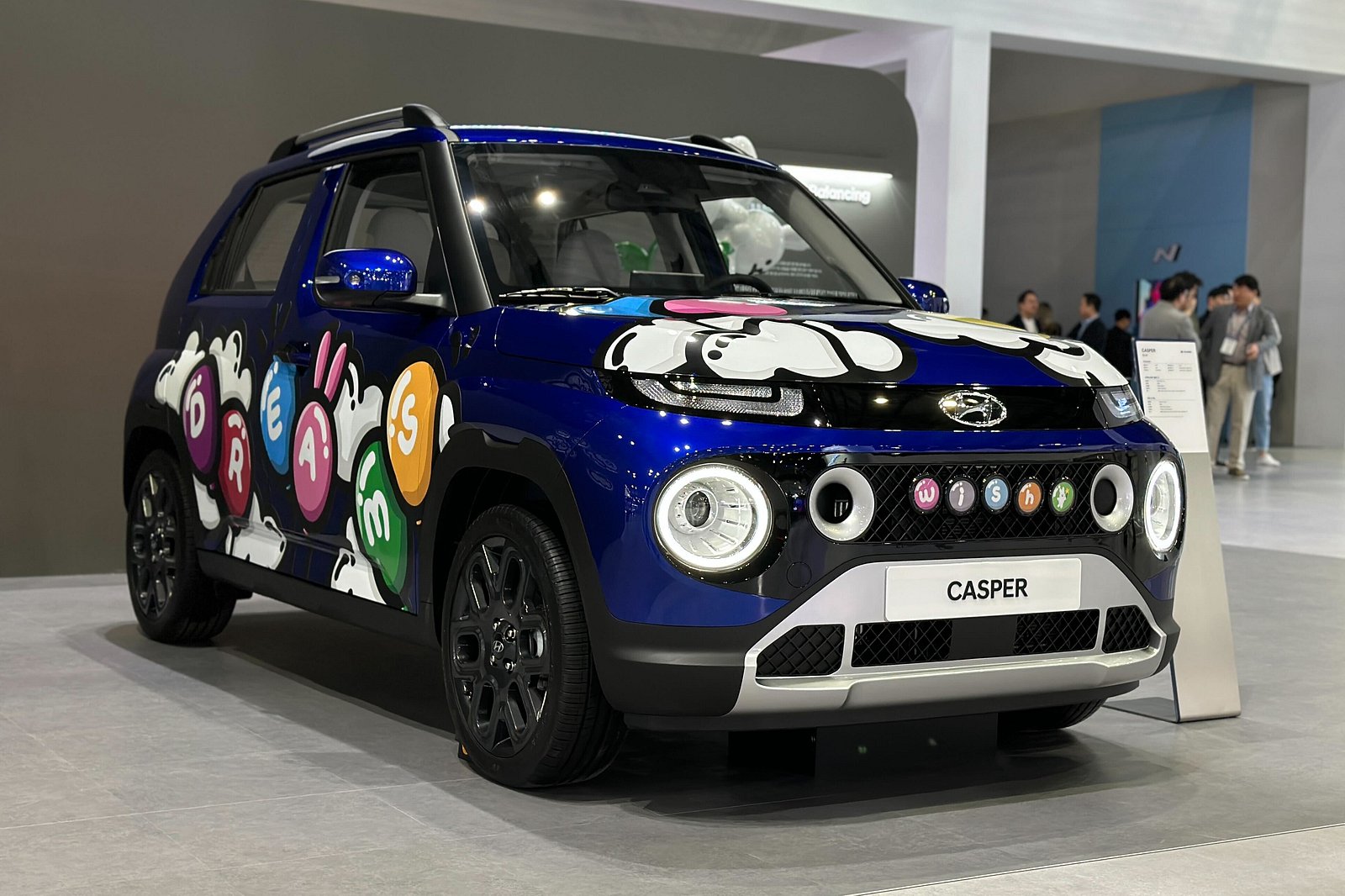
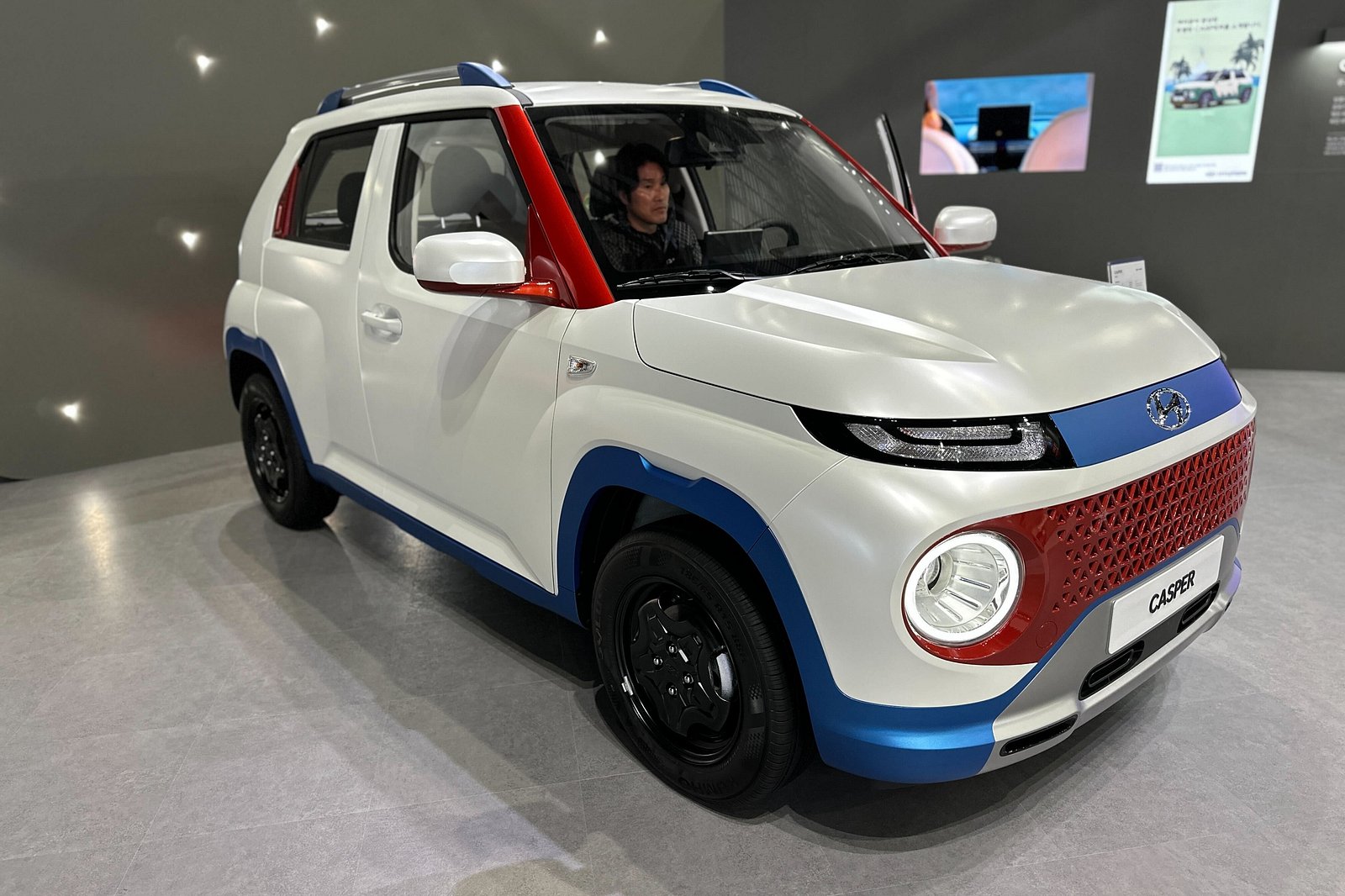

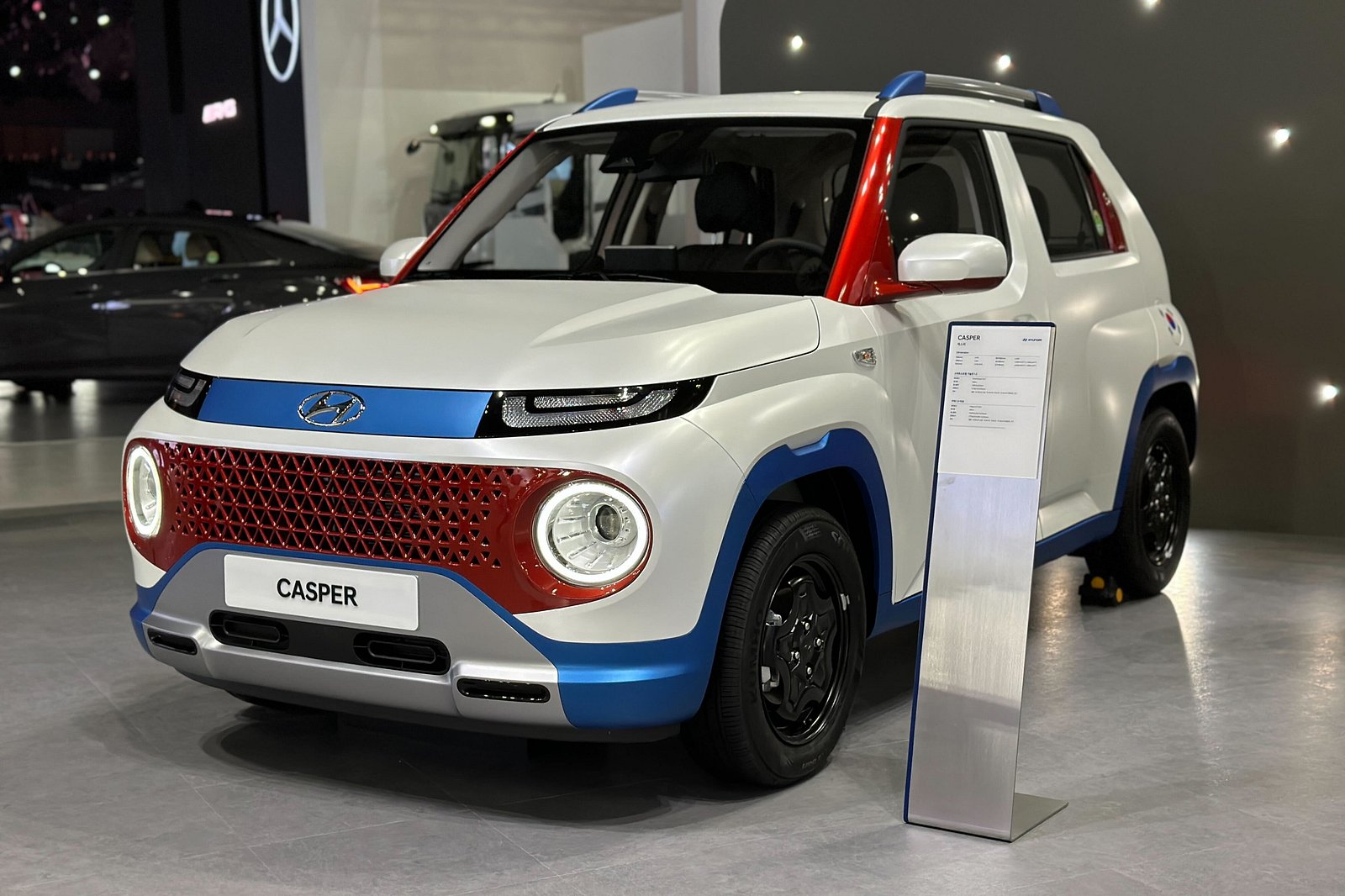
According to Michael Cole, President and CEO of Hyundai Europe, the company’s goal is to maintain a strong presence in the minicar and small car market. In an interview with ANE, Cole stated that Hyundai plans to release a new vehicle that will cater to both segments. He also expressed his belief that this approach would be successful for electric vehicles.
For years, we have been waiting for the arrival of compact and budget-friendly electric vehicles. However, only a handful of companies have actually brought them to market. The sale of reasonably-priced EVs in the US has posed difficulties. This is mainly due to the fact that customers are not interested in purchasing small and low-power cars, which eliminates various choices for the domestic market. Despite its relatively lower price of $26,500, even the Bolt EV falls beyond the budget for numerous Americans.
In the future, electric cars will become more affordable when the expenses associated with raw materials decrease and there is a reduction in costs for EV-related technology and components. While vehicles such as the Casper EV are a promising first step, they may not fully meet the needs of American consumers who desire larger and more substantial options.
